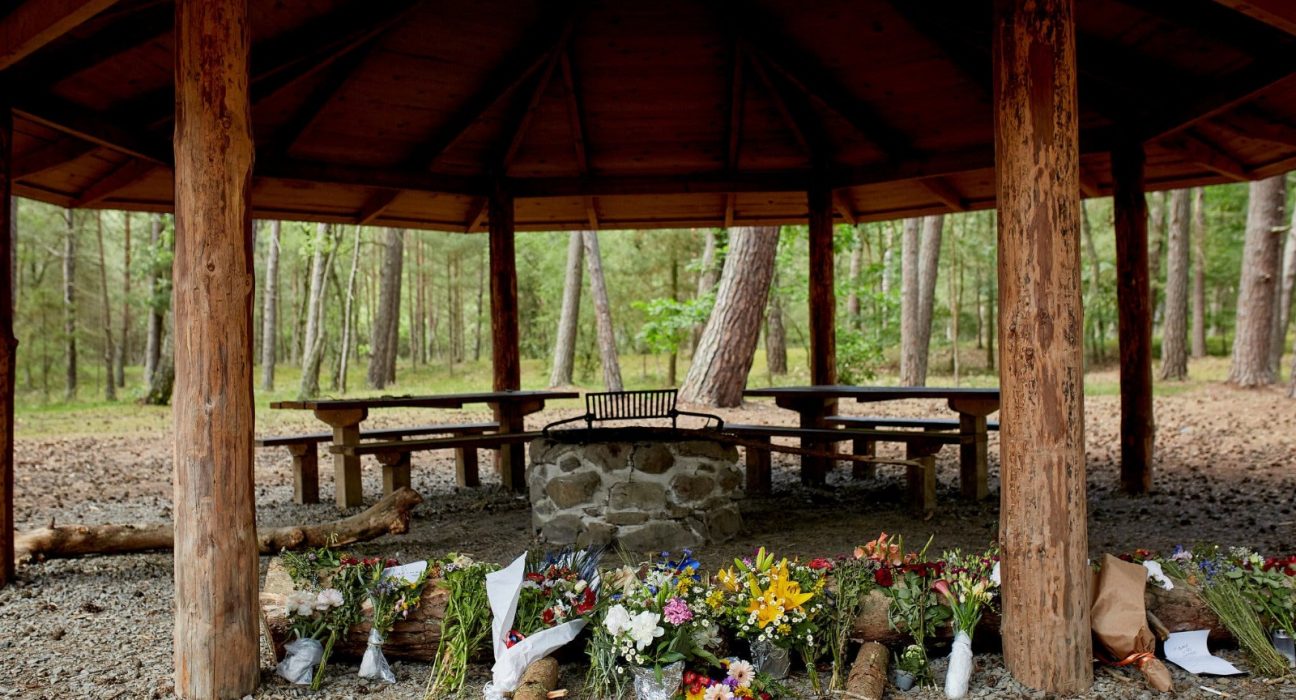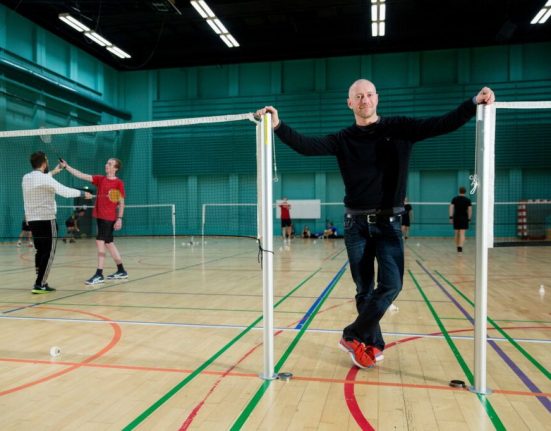Two far-right affiliated white men tortured and killed a black young man on an isolated island in Denmark in 30 June 2020. One of the two men had a swastika tattoo on his leg. But while indications are clear that the incident is a racist crime, the prosecutor insists it is not a hate crime but rather “a personal relationship that has gone wrong.”
In Denmark, it is evident that the police only declare non-white incidents as hate crimes or terrorism while dismissing any white crimes as “personal relationship” or “simple misunderstanding”.
Redox, a left-activist research group, said that the suspect with the swastika also tattooed the words “white power” on his leg and had expressed support for a Danish extreme right party. He had also published a post of support to the White Lives Matter on his Facebook page.
Danish local media outlets said that a knee was pressed hard against Mr Johansen’s neck, just as in the killing of Mr Floyd. Nevertheless, the story has mostly been treated as a “homicide” and has received only modest news coverage.
Although Denmark adopted a resolution that bans hate crimes in 2004, human rights defenders, activists, and minorities declare that authorities are complicit in entrenching hate crimes and racism. The more vulnerable to racism in the country say that the authorities are way more reluctant to acknowledge racially inspired violence from white Danish people, but always jump into concluding otherwise it non-white commit minor crimes.
“It took three days for the police inspector and state prosecutor to completely refute that it is racially motivated, despite all the evidence pointing toward it,” said Awa Konaté, a Danish-Ivorian activist who teaches African cultural awareness. “This shows this is a systemic issue.”
Mbuji Johansen is an engineering student of Danish and Tanzanian descent.
The mother of the 28-year-old victim told Ekstra Bladet newspaper that her son went to Bornholm island after receiving an invitation to have a party in the woods.
The following day, Mr Johansen’s mutilated body was found at a campsite. He died sometime early Tuesday, according to a forensic report. According to the initial indictment, the suspects broke his skull after several times beating him with a wooden beam. Then they stapped him with a knife multiple times and then drove the knife into his throat.
On Wednesday, two local men — brothers, aged 23 and 25 — were arrested on manslaughter charges. The police say the men have admitted to beating Mr Johansen but deny killing him. Mr Johansen’s mother, who asked to remain anonymous, told local news outlets that one of the two suspects was an old friend of her son.
In 2018, a European Union report said that racially motivated crimes quadrupled between 2007 and 2016, an exponential surge in racial violence.
Residents in Denmark had noticed posters with White Lives Matter words on them in two cities in Denmark following worldwide protests after the killing of George Floyd.
Daniel Villaindulu, a close family friend, strongly disagreed that the victim’s murder is not affiliated to hate crimes. “He was tortured for hours,” Mr Villaindulu said, noting that he and Mr Johansen were among the few Black people on the island of Bornholm.
“They say there was jealousy over something,” he said in a telephone interview, “but when you add everything up, and you know these guys had a swastika tattoo and are right-wingers, you can imagine why it ended like this.”
“You can’t compare what is happening in the U.S. to this horrible crime on Bornholm,” a family friend told a local television network, TV2. “It’s all different. Do not pull the racism card and start a heated debate about this being a hate crime.”
Some local activists attribute the authorities’ unwillingness to tackle racism issues to the rise of immigration and the anti-immigration attitudes in the country. In 2017, the police ruled out race as a factor when a 16-year-old Afghan boy was set on fire by four schoolmates.
“Conversations about racism often exist on the periphery through conversations by activists and community organizers — rarely by politicians or public figures,” said Ms Konaté, a Danish activist. “The extent of racism in Denmark is the absolute denial of its existence. Although there is so much evidence pointing to the murder being racially motivated, the police, the prosecutor and even the victim’s friend, who is white, deny any connection.”



